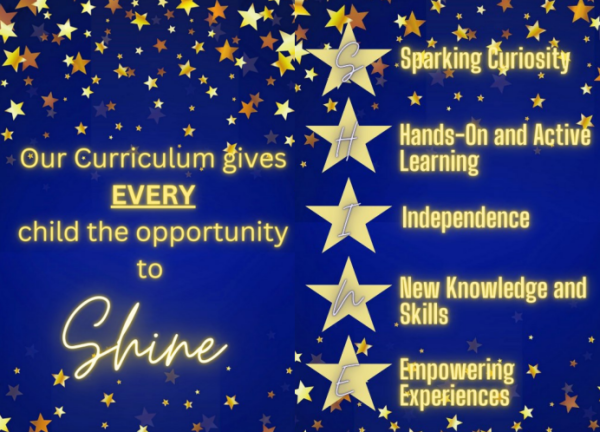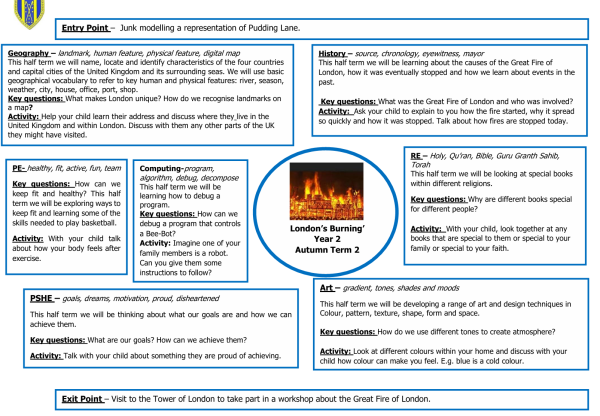Our Curriculum Vision
Intent
At Dorothy Barley Infant School, we believe that a high-quality History education will help pupils gain a coherent knowledge and understanding of Britain’s past and that of the wider world. Our History curriculum is rooted in our local area and builds strong foundations in the core historical skills of chronology, historical interpretations and historical investigations. It is enriched with empowering experiences through the handling of source material and carefully planned visits to sites of historical interest. Through progressive teaching of historical vocabulary, children are able to ask and answer historical questions, demonstrating their understanding of significant events, significant individuals and change over time. They are therefore well prepared for the History curriculum at Key Stage Two and beyond.
History at Dorothy Barley Infant School

Implementation
At Dorothy Barley Infant School, the key knowledge and skills that children acquire and develop throughout each historical focus have been mapped to ensure progression between year groups throughout the school.
The National Curriculum provides the basis of our bespoke units of work, which are all structured around an enquiry question. Progressive opportunities for historical investigation and historical interpretations are planned into the curriculum. The delivery of disciplinary skills and knowledge is underpinned by the use of quality artefacts and photographs. Historical vocabulary is carefully planned and taught in a progressive manner across the school, including the language of historical enquiry. Children learn to think and talk like historians through the use of historical language.
At the beginning of each new history unit, teachers reference prior knowledge and make links between prior and present learning. The concept of chronology is introduced in an age-appropriate way in the Nursery and developed throughout Reception, Year 1 and Year 2.
The History curriculum is designed to ensure appropriate diversity in the significant figures that children learn about. Through the units of work and cross-curricular links with reading, children are exposed to significant individuals from a range of backgrounds and cultures. Diversity is woven through the history curriculum. Teachers cater for the varying needs of all learners, scaffolding learning as appropriate and ensuring an appropriate level of challenge. Outcomes of work are regularly monitored to ensure that they reflect a sound understanding of the key identified knowledge.
Sparking Curiosity – Historical artefacts and high quality images are used to enrich the History curriculum. Children are encouraged to ‘think like a historian’, responding to and investigating source material.
Hands-on and Active Learning – Children have well planned opportunities to infer, investigate and evidence using a range of historical sources. All units of work are fully resourced with the historical artefacts necessary for hands on learning.
Independence – All units of work include planned opportunities for children to apply their knowledge and skills independently. This is especially true for historical enquiry.
New Knowledge and Skills – The history curriculum is sequenced progressively to ensure prior learning is referred to and built upon. Historical investigative skills and chronology skills are embedded throughout and developed as children progress through the school.
Empowering Experiences – Our history curriculum is enriched by a variety of different sources from outside school. Some units are based on the history of the local area, enabling children to gain first-hand experience. Children also access trips and workshops to enhance their historical understanding.
Curriculum Planning
History Overview
History Progression Grid
Historical Knowledge

Our curriculum overviews detail the key History content required for each unit of work. These are shared with children and families at the beginning of each half term to help enhance learning.